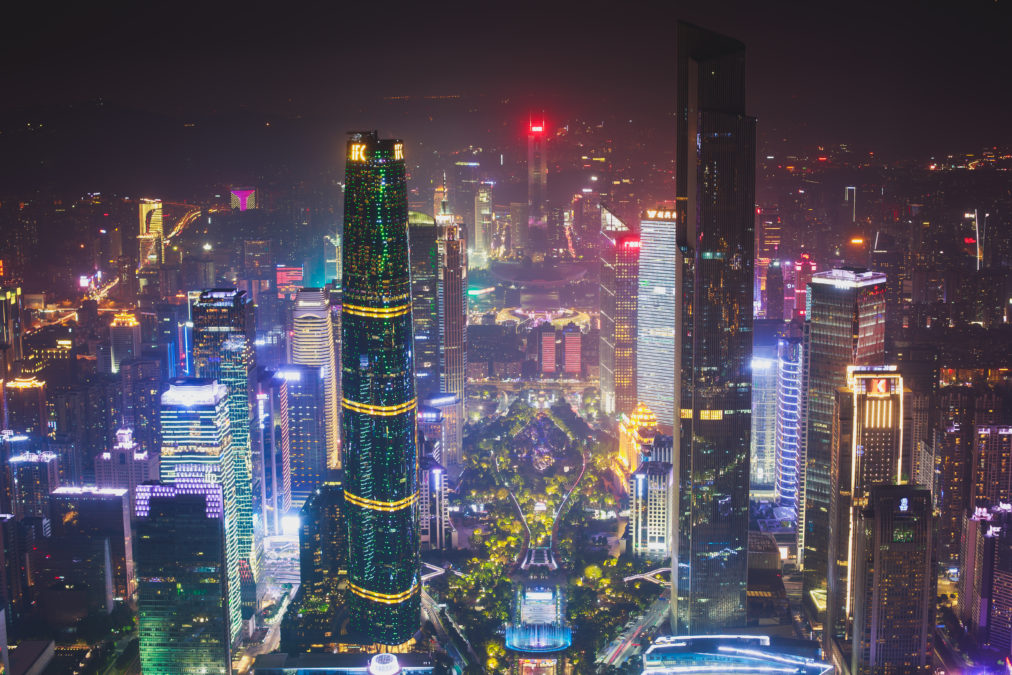Accenture has announced it will open a new R&D lab in Shenzhen, China — the next Silicon Valley — in the first half of 2019.
The lab will specialise in applied R&D activities in artificial intelligence and robotics, as well as Industry X.0, which is Accenture’s business area focused on helping companies redefine smart connected software and physical products.
R&D in disruptive technology
The Accenture Lab will conduct R&D in disruptive technologies with a mission to identify and develop the latest innovations in China, according to the announcement.
Accenture will accomplish this by collaborating closely with a range of partners that includes leading Chinese technology companies, emerging startups, academic institutions and other local organisations, which inhabit the tech ecosystem of Shenzhen. This newest R&D lab will join a global network of 32 Accenture Labs and Nano Labs.
Shenzhen, China: The next Silicon Valley?
“An epicentre of innovation, Shenzhen attracts world-class talent, start-ups and enterprises. The new Accenture Lab will tap into the tremendous technology innovation in the region and combine it with our world-class R&D capabilities to explore the next wave of AI and robotics technology,” said Paul Daugherty, chief technology & innovation officer at Accenture.
“The lab will be a destination for clients to access and experience the latest Accenture thinking, capabilities and solutions from our global network to help them reimagine and grow their businesses in China — and help our Chinese clients grow their business globally.”

The Accenture Lab will initially focus on how deep learning and knowledge graphs, which can be used for sophisticated reasoning and decision-making capabilities, helping machines understand information in the context of broader relationships.
In the manufacturing industry, for example, this could mean providing quality engineers with new ways to increase inspection precision, accuracy and speed — or programming robotic arms to predict upcoming steps or recognise gestures and commands more naturally. In the retail and consumer goods sector, it’s about applying AI for more personalised customer experiences and smart products. In the energy sector, it could mean using AI to maintain equipment, improve the way energy is managed and offer consumers new services.
Here’s why China is the next global home of tech
“We recognise the significant investment China has made in innovation and the pivotal role that Shenzhen is playing as a catalyst for growth in China’s vigorous Guangdong-Hong Kong-Macau Greater Bay Area,” said Wei Zhu, chairman of Accenture Greater China. “Our plans to open an Accenture Innovation Hub in Shenzhen represents a strategic step in building a more robust innovation ecosystem for our clients in Greater China. It will help our clients apply innovation to accelerate their digital transformation journeys and compete on a global stage.”
The Innovation Hub in Shenzhen will join others in Bengaluru, India; Tokyo; Zurich; Canberra, Australia; Singapore; and nine Innovation Hubs in the United States including Atlanta; Boston; Chicago; Columbus, Ohio; Detroit; Houston; New York; San Francisco, California; and Washington, D.C.; as well as The Dock in Dublin.










